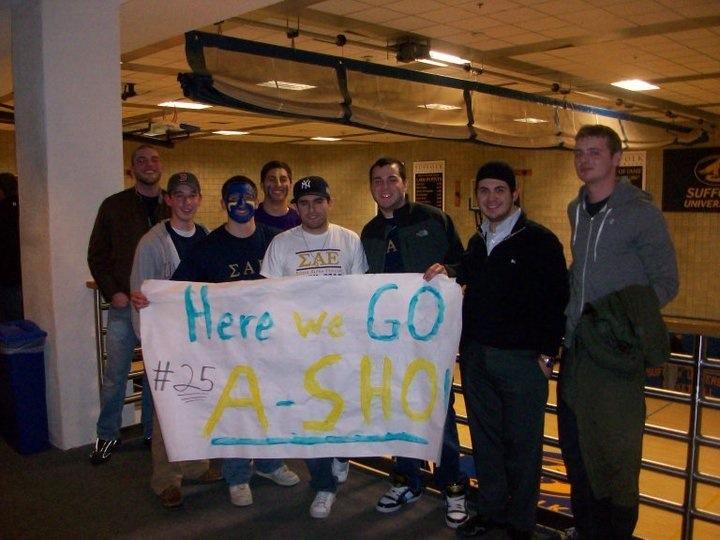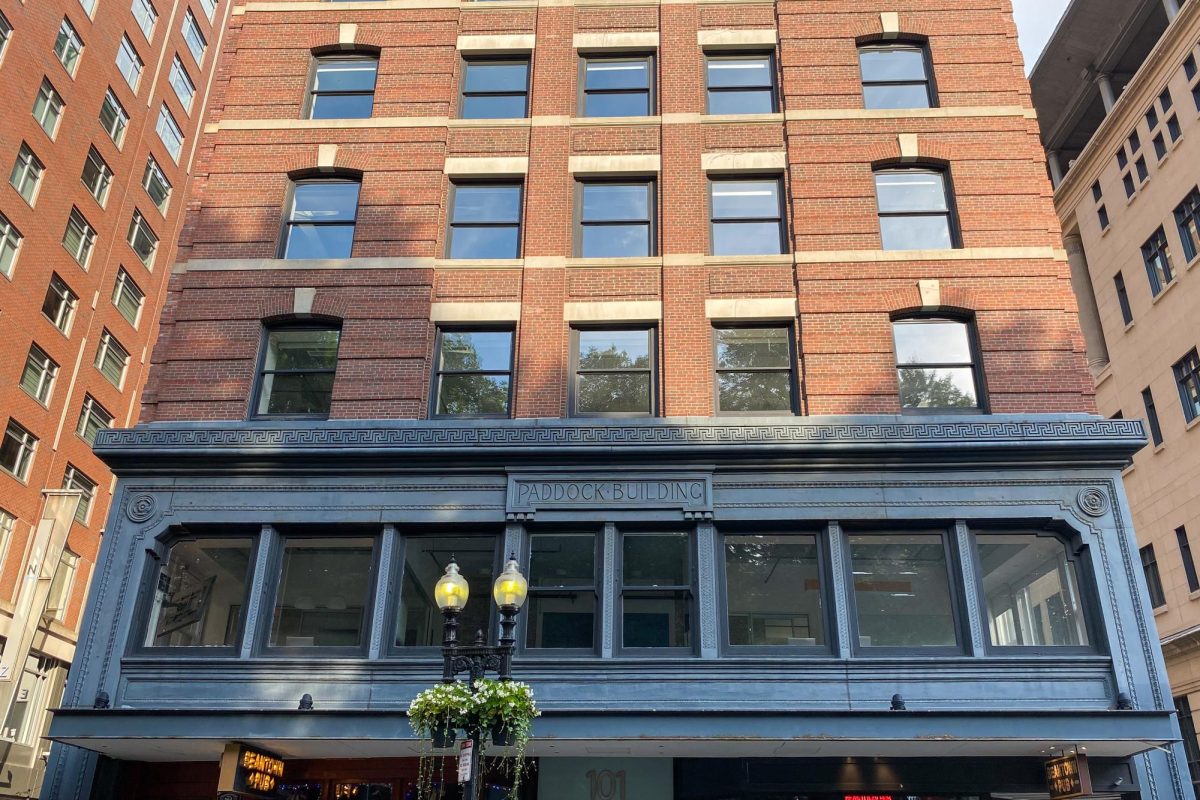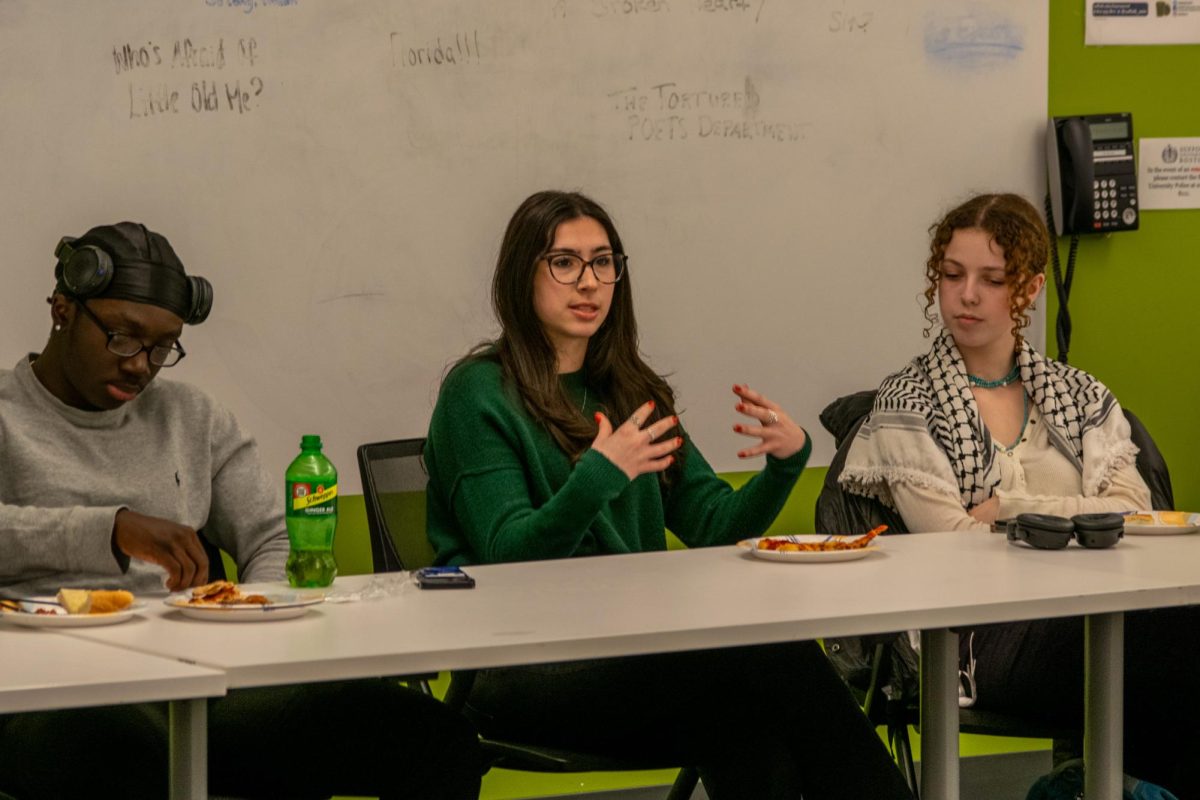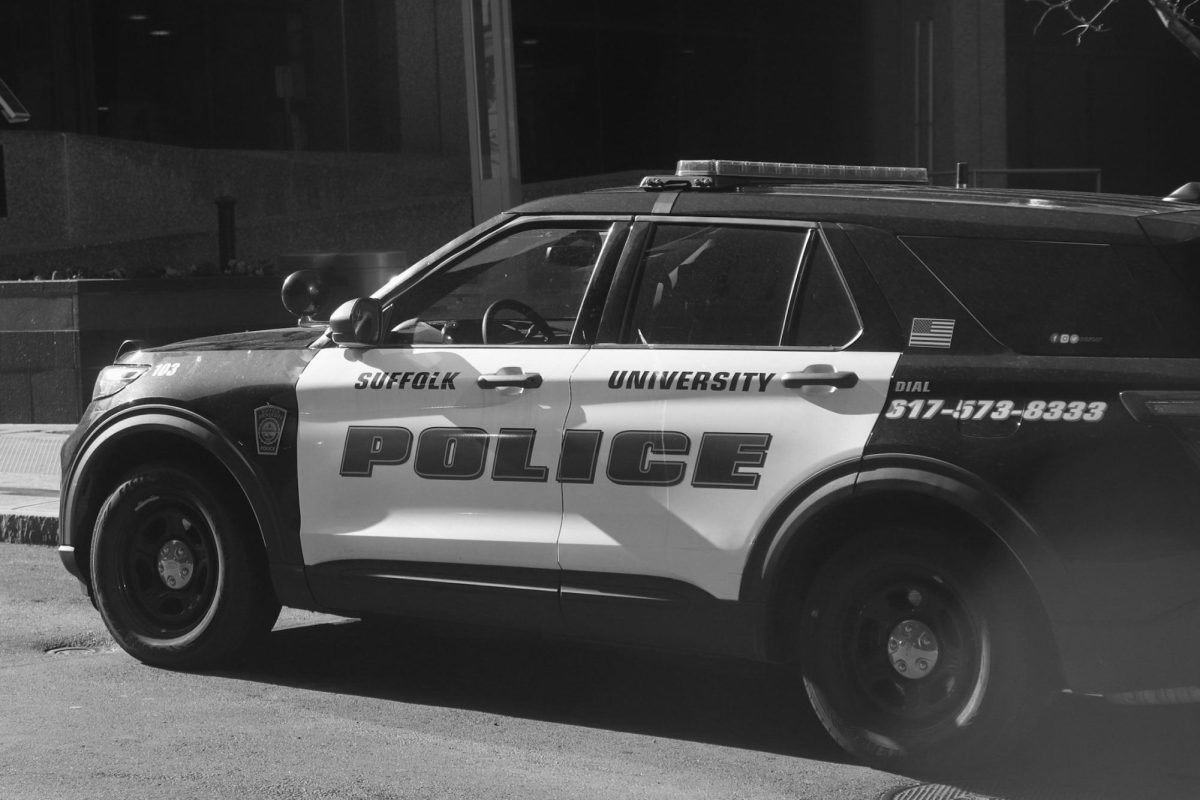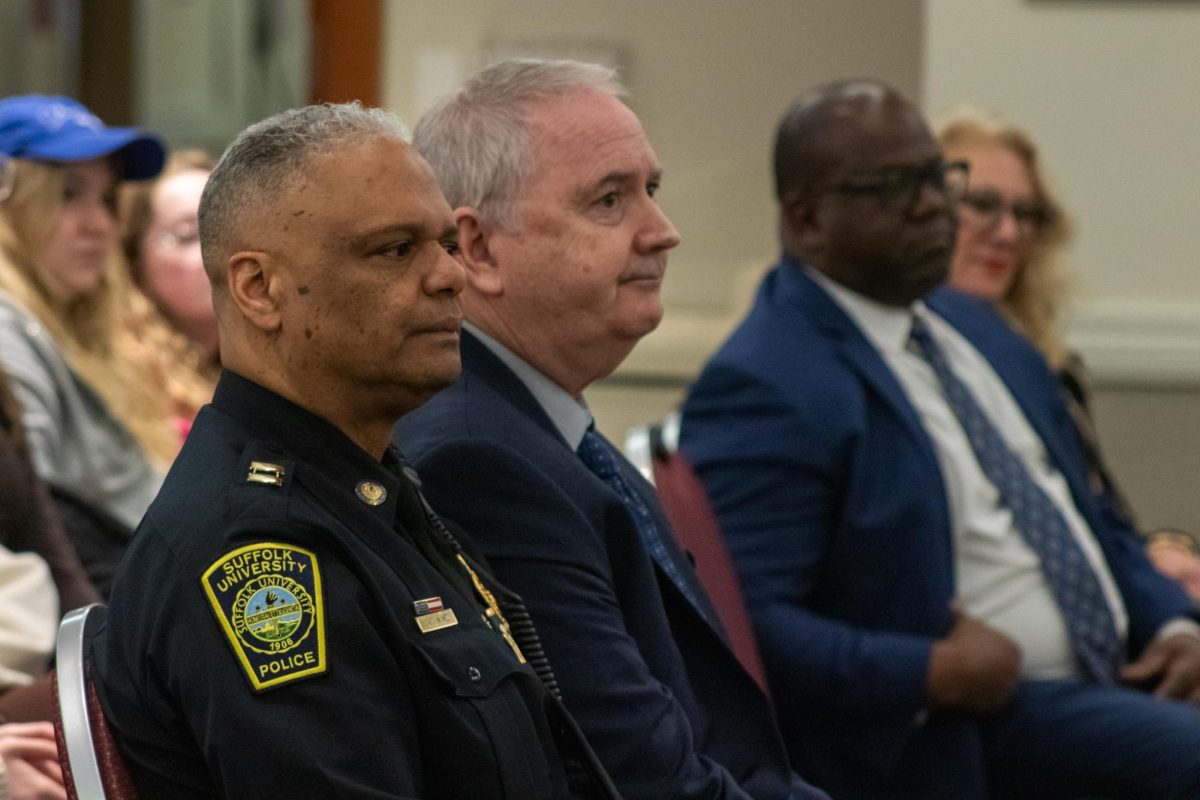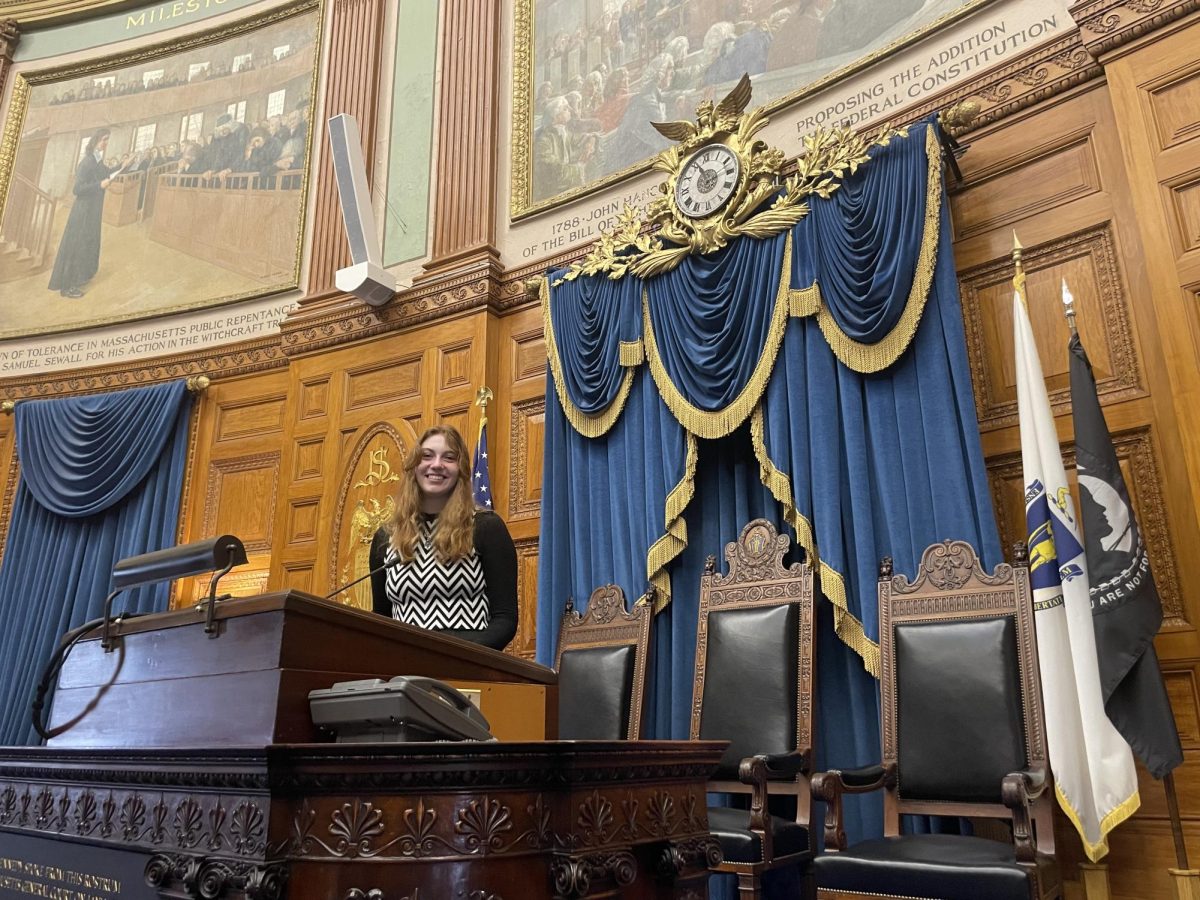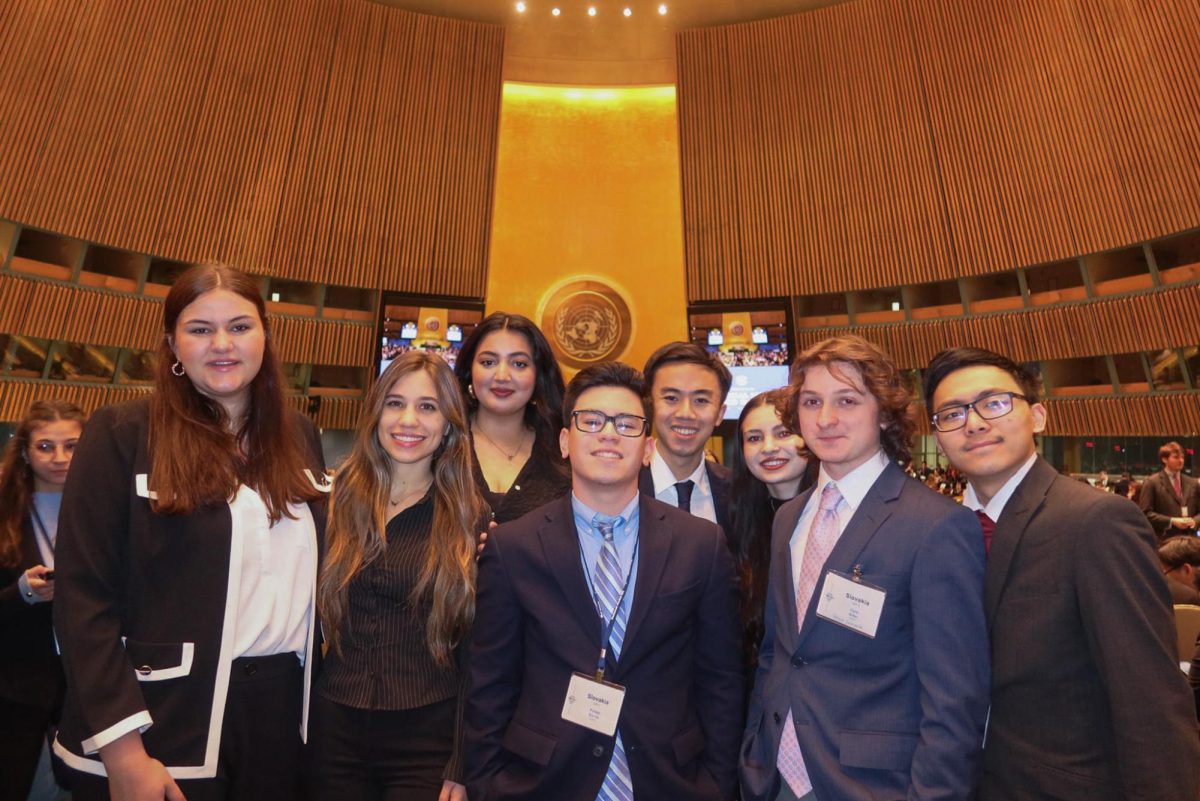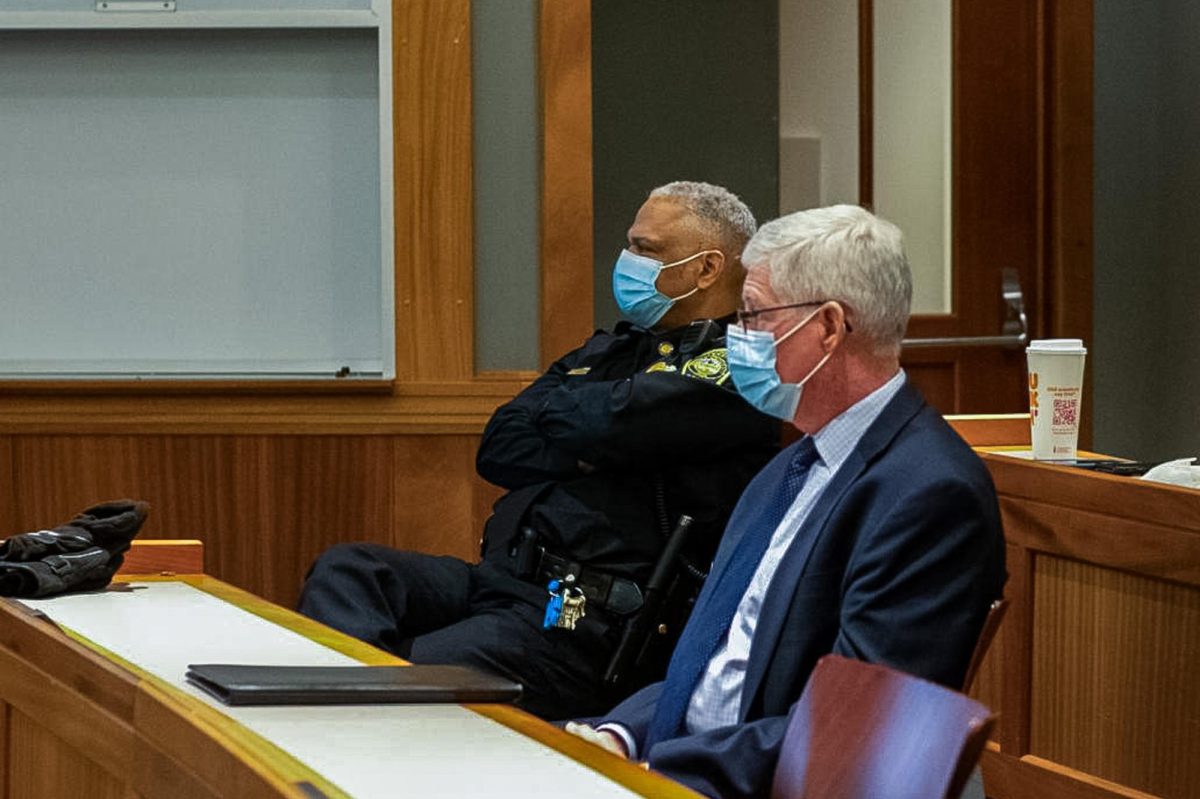They’re different from the rest in that they don’t try to perpetuate stereotypes – no jerks, snobs, or party-inducing projectile vomit. They’re relatively new and they have big plans for Suffolk and the Beacon Hill community. They want to be unique, and the community service and philanthropic work they do shows it. Introducing Sigma Alpha Epsilon and Theta Phi Alpha: Suffolk University’s very own fraternity and sorority.
Fraternities have a bumpy history at Suffolk, but Sigma Alpha Epsilon is working to end the negative connotations that come with being a brother. Establishing a Suffolk chapter of SAE was the brainchild of Kyle Gaw, Paul Thompson, and Jeff Miller during their freshman year in 2008. The group was colonized in Sept. 2009 and is currently working toward receiving its charter, which is basically something that says your fraternity/sorority has an established ritual and is recognized nationwide as a chapter. When they receive their charter, the 27 members of this “frat in the making” will join the largest brotherhood in the country to become the Suffolk chapter of Sigma Alpha Epsilon.
Celebrating its fifth birthday this year is the Suffolk chapter of the Theta Phi Alpha sorority, Gamma Lambda. Consisting of 36 members, Gamma Lambda was established in 2006 and is currently going through its “make or break years” since recently passing through all of its charters. As the sorority grows and membership increases, graduating sisters like former TPA President Mikayla Locke emphasize that “it’s really up to the newer girls and the newest girls to carry on.”
Judging by their relationships with the Suffolk community thus far, carrying on the spirits and functions of Sigma Alpha Epsilon and Theta Phi Alpha should not be a problem. In a world where sororities and fraternities are often thought to be hotbeds for college students trying to score booze and sex, the Suffolk chapters of these organizations are working against that off-putting image.
“We do a lot of community service and a lot of fundraising for our chapter. It’s mostly trying to make friends basically,” said junior Kyle Gaw, a Sigma Alpha Epsilon brother. “I think you get the negative stuff when you go to bigger campuses and Greek life is more prevalent, but it’s not like that at all [here]. It’s just basically guys who want to make friends.”
Between friendship, community service, and fundraising, Greek life at Suffolk is quite independent. The brothers and sisters do the recruiting, pay dues every semester to support themselves financially, and leave the rest of their financial needs to fundraising. Sigma Alpha Epsilon and Theta Phi Alpha do not receive any funding from SGA, according to bylaws stating that any selective organization (meaning that they only allow male members in one and female members in the other) cannot go through SGA for a budget. Everything goes through the groups themselves and the recently established Greek Council, which began operations last fall and funds the sorority and fraternity – but only if they work together on a school event (such as Welcome Back parties and Greek Week).
“There’s nothing really Suffolk can do all that much. I feel like they treat us OK; I don’t think they treat us badly,” Gaw said. “You have to kind of think about it – we can’t really get money from [SGA], and I understand that because the money that they get comes from all the students. So we can’t take that money away when it comes from all the students.”
“Before Greek Council we were completely on our own, and we still are in a sense,” Mikayla Locke said. “We do a lot of events with them but a lot of the things we do are our own financial responsibility.”
And a lot of the things that SAE and TPA do don’t come cheap. Every summer, there is a leadership convention organized by the national Theta Phi Alpha office and the sisters are required to send [a leader] for different workshops. “That can get expensive,” Locke continued, “so we try to raise as much money as we can each year for that.”
Fundraising is hardly what SAE and TPA are all about, however. The main games with these two organizations are community service and bettering the Suffolk community through networking and events. The sisters from Theta Phi Alpha – Gamma Lambda donate supplies to Camp Friendship every year, make cards for the Big Sister Association of Boston and Children’s Hospital, and participate in Service Day. The brothers from Sigma Alpha Epsilon plan to work more Program Council and are trying to end any strife between the Suffolk community and Beacon Hill residents.
“We’re big with community service. That’s huge with us – we do everything and anything almost,” said junior Robbie Waters, current president of SAE. “Also, just creating university relations. We’ve been working really well with the Beacon Hill Civics Association and because Beacon Hill has issues with Suffolk already, we’re trying to bridge the gap and make it so that they will like Suffolk just in general.”
Joining a sorority or fraternity at Suffolk involves attending a rush week, held every fall and spring semester. Rushes must display a genuine interest and desire in joining in order to become pledges, and if pledges are good enough, they become brothers or sisters in their respective organizations. Both Sigma Alpha Epsilon and Theta Phi Alpha are looking forward to growing in membership over the upcoming years, and they’re also hoping that Greek life will have more of a presence at Suffolk.
“As Greek life grows on Suffolk campus, hopefully we’ll grow and really create a positive outlook on Greek life,” Locke noted. “Cooperation and communication are important.”
“Getting a bigger Greek life would be awesome,” Waters added. “I think the others would agree that bringing another frat on campus would be a lot of fun and would almost create a little competition, which in a way would be really cool.”
As for reasons why Sigma Alpha Epsilon and Theta Phi Alpha believe Suffolk students would want join, the reasons are endless. Responsibility, community service, community building, event planning, and matching T-shirts are only a small part of the big picture. Both groups agree that the amity among members is the most important part of Greek life – having a family and home away from home.
“It’s just something that makes your college experience. You don’t leave college with friends; you leave with 30 or 40 sisters,” Locke concluded. “It’s something that’s bigger than you, and you can’t explain it unless you’re in it. It’s a great experience and is such an eye opening experience that will stay with you forever.”


